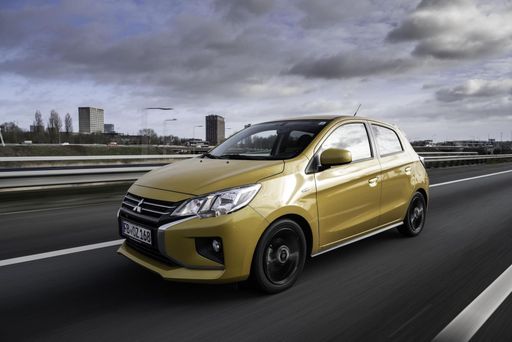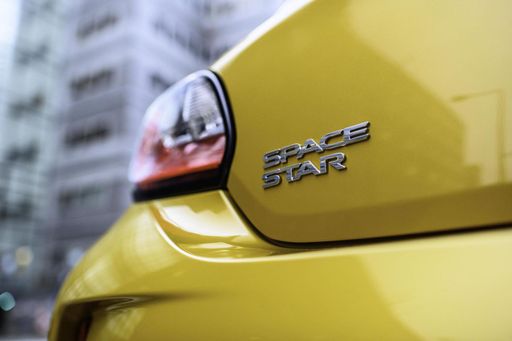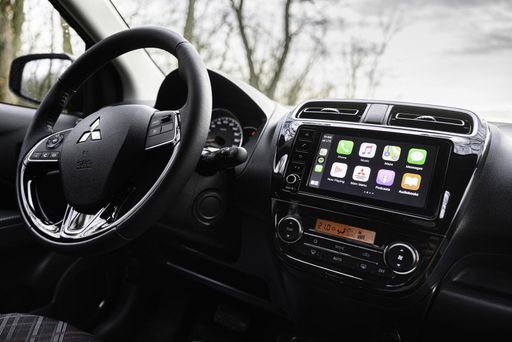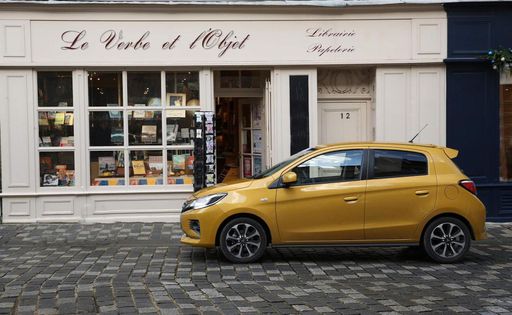A Hatchback Duel: Mitsubishi Space Star vs Toyota Yaris
In the world of compact hatchbacks, two models consistently stand out from the crowd: the Mitsubishi Space Star and the Toyota Yaris. Both vehicles are known for their urban-friendly design, fuel efficiency, and compact dimensions, but how do they stack up against each other in a detailed comparison?






